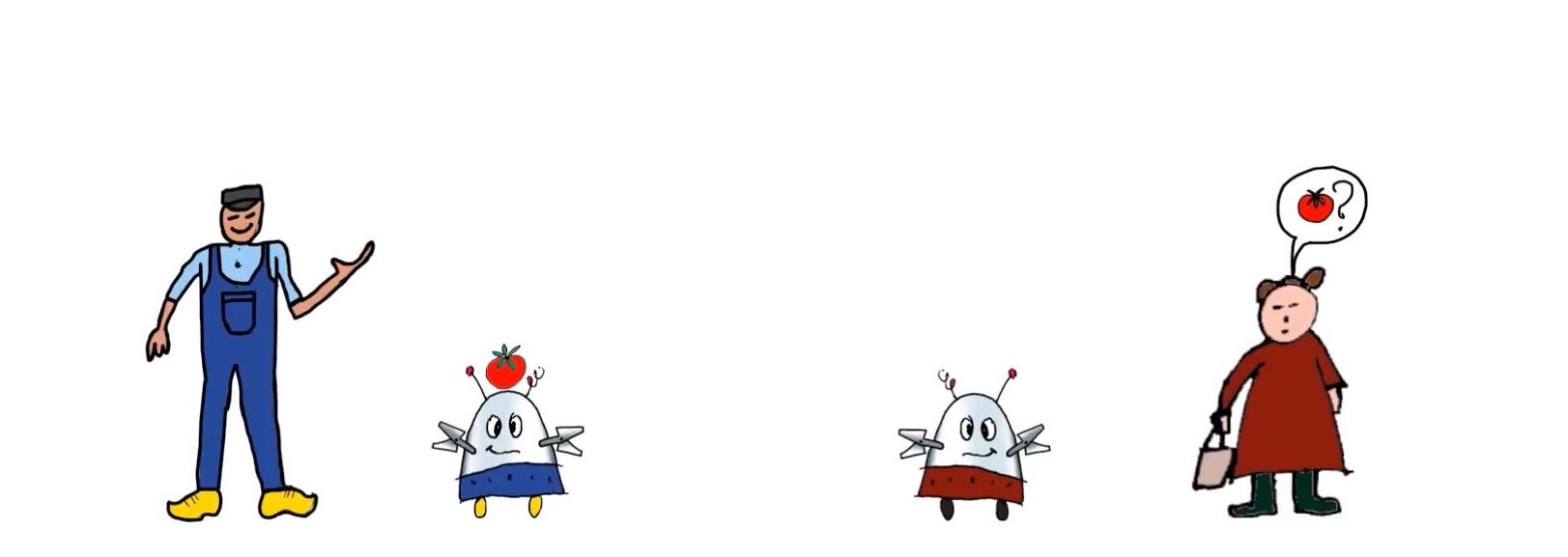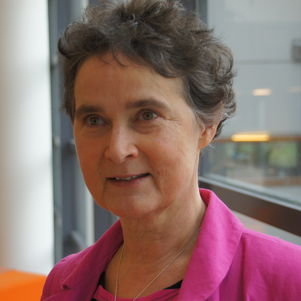“.. the coronavirus crisis has shown that we must keep on innovating in the food supply chain.”
The crisis caused by the coronavirus outbreak is impacting almost every sector in which TU Delft is active, including the agricultural and food chain sectors. Concerns among the general public about food supplies make this chain more relevant than ever before.
Some years ago the Faculty of TPM started work on the SamenMarkt project. The thinking behind the project is simple: in the current chain, contact has been lost between the farmer or market gardener and the consumer. There is no longer a match between what the consumer wants from the farmer or market gardener, and vice versa. SamenMarkt is a joint project between TU Delft, sector and sales organisations in potatoes, fruit and vegetables and market gardeners. The ultimate idea is to create a chain using self-learning technology in which demand and desires are brought together with supply and possibilities in a cloud environment and matched using specific characteristics to create an optimum chain.
As a result of the coronavirus outbreak, demand has plummeted. Access to export markets has become more difficult and across the world the hospitality industry has been almost entirely closed down. This has resulted in a shift to retail sales and a change in the diet of consumers, which has led to shortages of some products and surplus stocks of others.

In these challenging circumstances, the SamenMarkt concept should be able to bring supply and demand together. Right now numerous initiatives are springing up spontaneously in which farmers and market gardeners are finding innovative ways to sell their products directly to the consumer. Here the farmer or market gardener can tell their unique story and sell their product, and the consumer can make conscious choices, the basic principle of SamenMarkt.
However, these spontaneous initiatives have a limited range. As one potato grower, usually a supplier to the hospitality sector, explained: ‘Suppose I could get all of my 5000 Facebook followers to come and pick up 20 kilos of potatoes from my farm. That would account for 100,000 kilos, but with a total of 500,000 kilos of potatoes in the store and a national surplus of one billion kilos, it's not a solution.’
Looking beyond the coronavirus outbreak, it is clear that there is a place for agro-food chains. On the one hand, it is conceivable that the local-for-local initiatives that have sprung up now will continue. On the other hand, they are so small in scale and inefficient that they are not the answer to all the problems. Only time will tell how things will develop, but one thing is sure: the coronavirus crisis has shown that we must keep on innovating in the food supply chain.

